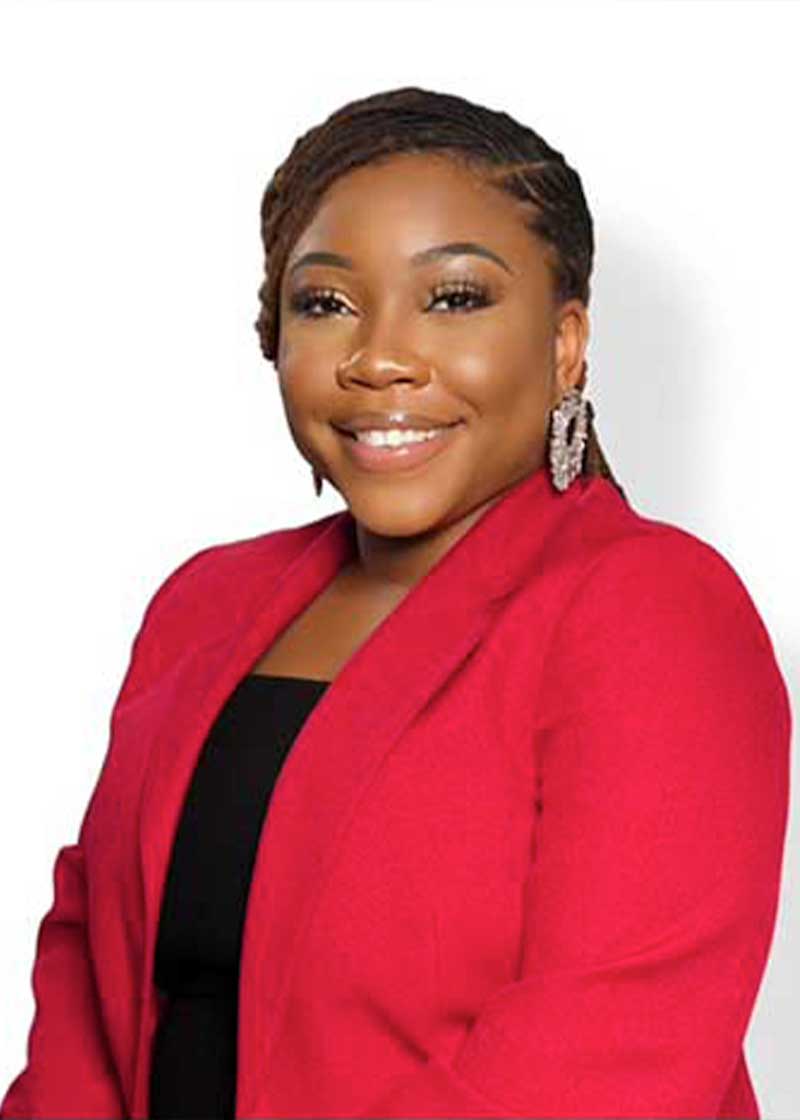MT-BC (NICU-MT)
Assistant Professor, Director of Music Therapy
114 Hulsey Center
(205) 934-8782
Research interests: Music Therapy and Hip-Hop Education, a fusion that is deeply rooted in social learning theory and cognitive behavioral therapy (CBT)
Office Hours: By appointment
Education:
- BM, University of South Carolina
- MM, The Florida State University
- PhD, North Carolina State University
Ja’Bria D. Barber, PhD, MT-BC (NICU-MT) joins the Department of Music as the founding Director of Music Therapy and Assistant Professor of Music Therapy at The University of Alabama at Birmingham. Dr. Barber holds degrees from North Carolina State University (PhD), The Florida State University (MM), and the University of South Carolina (BM).
Her research and teaching interests include music therapy and Hip-Hop Education, a fusion that is deeply rooted in social learning theory and cognitive behavioral therapy (CBT). Particularly, Dr. Barber’s work focuses on how music therapy leverages the power of observation, imitation, modeling, and reframing which are found in the elements of Hip-Hop.
Before coming to UAB, Dr. Barber served as the owner and director of Vine & Branch Music Therapy, a private music therapy practice in North Carolina, where her duties included providing music therapy services in preschools, special education classrooms, assisted living/memory care facilities, and hospice/palliative care facilities. She also collaborated with a variety of community-based organizations in North and South Carolina to develop music therapy programs for adolescents from underrepresented communities, with a particular focus on using the therapeutic process to facilitate a deeper understanding of personal and communal struggles, enabling an environment where change and growth can be nurtured.
Besides practicing music therapy, Dr. Barber has led and participated in projects centered around how contemporary social structures (e.g., popular music, social media) can be utilized by educators and helping professionals to promote positive identity development and develop critical analysis skills for women and girls of color.
